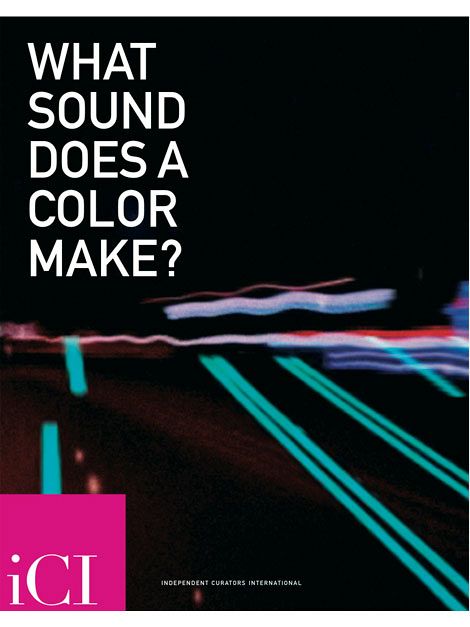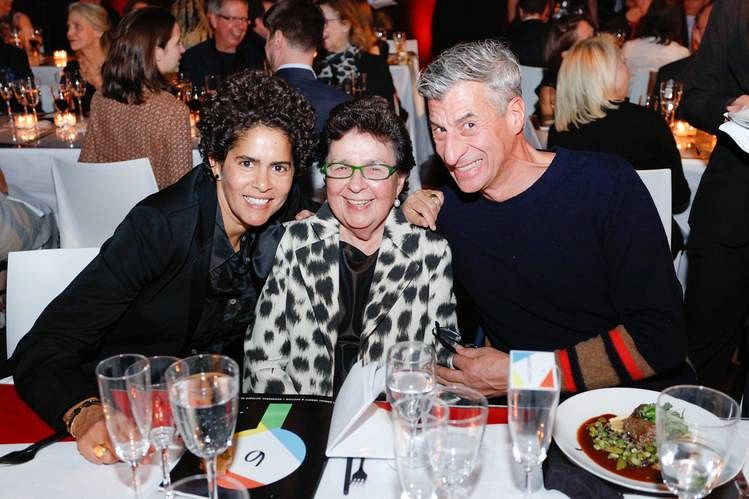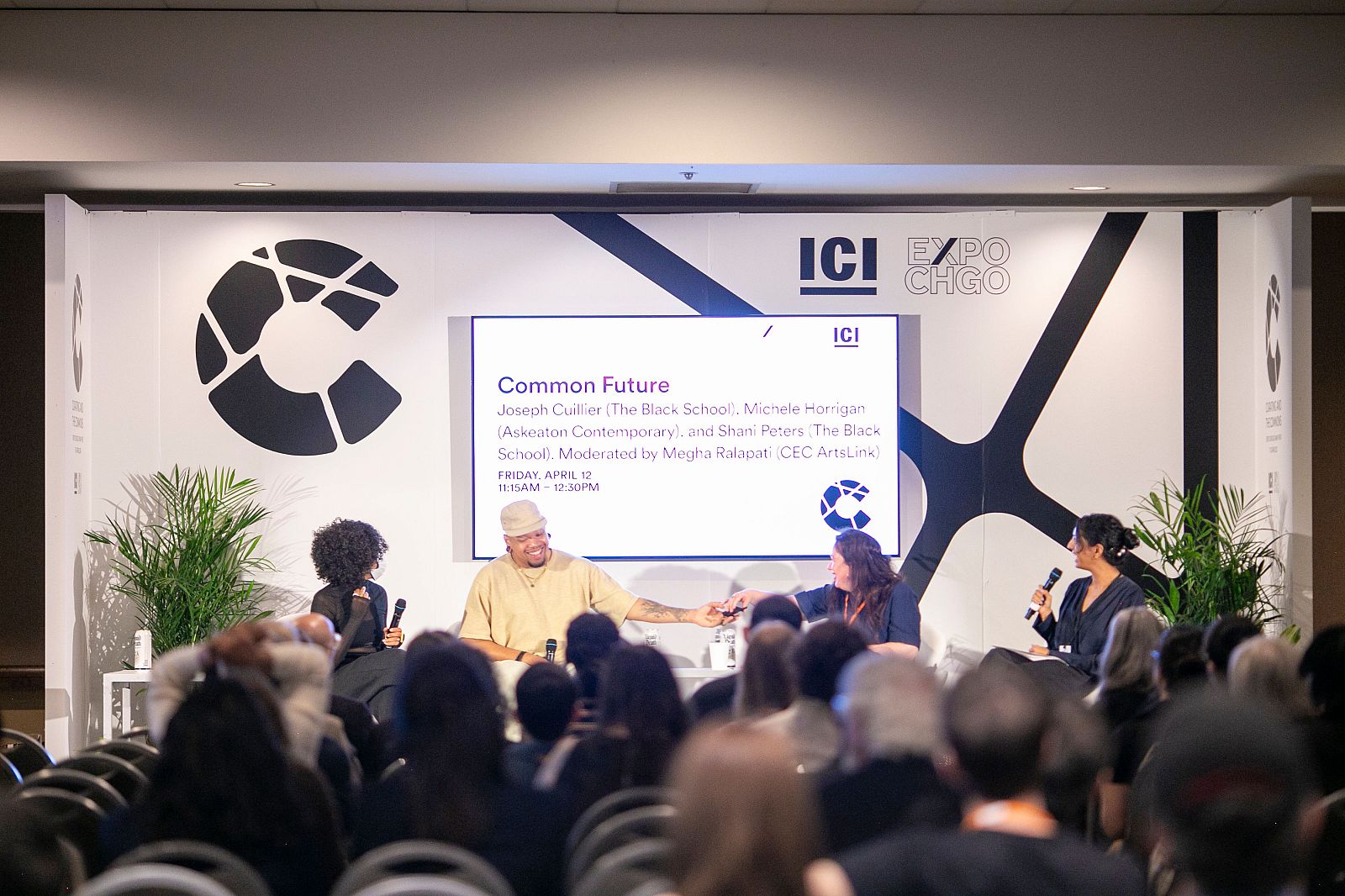Curator Alejandra Labastida developed this proposal during the Summer 2013 Curatorial Intensive in New York. The proposal eventually became the exhibition Playing Innocent at MMAG Foundation, Amman, Jordan, on view from October 11 to December 17, 2018.
Neoliberalism has been the last effective revolution in history. The complexity of social life and widespread flow of information has rendered revolution––acts of total transformation—impossible, since there no longer exists a single identifiable power to subvert. At the same time, this over-saturation blocks our capacity for processing information, pushing mankind to a state of automated decision-making and shared behavior. Politicians and financial leaders use their power to persuade people to believe that we live in a state of symbiosis with the current financial systems. The premise is that life and capitalism are so intertwined that the end of capitalism would, in fact, be the end of the world.
In political games of perception, resistance must start with a change of perspective and art serves as a strategic front. Artists can play the role of interpreters by working in a performative mode to produce a different set of relationships. Therefore, art provides a different landscape for social action, not to produce a mechanical effect, but to induce unexpected reactions that allow for a new system to emerge.
This project initiates a dialogue among different geopolitical situations with diverse relationships to forms of financial dictatorship. The works present a critique of the current structures and strategies of exploitation that has led to the subjugation of the individual. Sometimes nonalignment is not enough, and infiltration strategies are necessary to create room to maneuver within the system. Whether it is in a communist or a capitalist context, these artists’ actions make visible the abuses of power allowed by the establishment. What is revealed is the product of an active and subversive infiltration into the system.
The political genealogy of the term ‘intervention’ is directly related to the evolution of state power tactics—a state intervenes instead of governs. PLAYING INNOCENT reflects on interventions in artistic practices that mirror a state’s administration of power. From direct confrontation to more subtle and covert operations, the artists specialize in the science of playing innocent. Innocence connotes non-transgression, fieldwork, or undercover actions that involve personal risk for the artists, but follow the rules of the game (i.e., it occurs in the formalization of the art piece as a document within the jurisdiction of the exhibition space). Far from weakening their work, it is precisely in the action of ‘covering their backs’––through the same legal strategies deployed by the system they pretend to transgress––that the artwork reveals how the game is played.
Núria Güell
Displaced Legal Application #1 : Fractional Reserve, 2010-2011
Master plan, educational meeting and publication of a manual
Núria Güell (b. 1981, Barcelona) acts as a modern Robin Hood who always works on the edge of the legal system, but never outside it. She creates what she calls displaced legal applications in which, she inverts the profiting logic of the banks onto themselves and creates a manual on strategies for committing fraud without being caught. The manual is published and distributed in libraries, thereby inserting itself into reality.
Levi Orta
Pedophilia, 2008
Children's drawings, TV show
Video, mini DV, NTSC, 4:3, color. Stereo sound, 5:25 min
Levi Orta (b. 1984, Havana) finds a flaw in the Cuban censorship system by using a children’s TV show where drawings can be submitted and broadcasted. He submits drawings that reflect key censured topics. The work consists of a series of drawings that document the social, political, and economic context of the country. Enclosed with the drawings, the artist includes a letter presenting himself as a thoughtful teacher who wishes to stimulate his pupils by the presentation of their drawings on national TV.
Pilvi Takala
The Trainee, 2008
Performance and documentation
One of the keys tropes of Pilvi Takala’s performative actions is to play innocent. This is not a defense mechanism, but rather the engine that allows her to push the limits of a given situation. In a sort of reenactment of Melville’s Bartlebly, Takala infiltrates the marketing department as a trainee in an international accounting firm where she aggravates her coworkers with her non-doing. Takala was employed for one month as an apprentice at the marketing department of Deloitte, using a pseudonym. Few people knew the real nature of the project. These non-actions increasingly make the environment around her unbearable, and her colleagues’ attitudes change from curiosity to hostility as they seek solutions and demand an explanation from their superiors.
Voina
Cop in a Priest's Cassock, 2008
Video documentation of performance
On July 3, 2008, Oleg Vorotnikov, one of the members of the Russian collective Voina, wore the robe of a Russian Orthodox priest and the hat of a police officer, entered a supermarket, and left without paying for a full cart of groceries, to demonstrate the “invulnerability” of these groups.
Cristina Lucas
Más Luz, 2003
Video, 11 min
Más Luz is a reflection on how, throughout history, art uses metaphorical representations to symbolize ecclesiastical power. A conversation in a confessional, recorded without the priest’s knowledge, establishes a dialogue between three confessors of different ages and demonstrates the contemporary artist’s relationship with the Catholic Church and religious art.
Tanja Ostojić
I’ll Be Your Angel, 2001
4-day performance
In 2001, Tanja Ostojić became known through her actions at the 49th biennale in Venice. In the project I’ll Be Your Angel, the elegantly dressed and attractive artist never left the side of the curator Harald Szeemann. Blessing or curse, angel or escort service, art or anti-art––the situation was ambiguous. Only Harald Szeemann was finally allowed to view Ostojić’s personal contribution to the biennale: Black Square on White, which emulated the work of Malevich via her pruned pubic hair. The work drew attention to the commercial and personal ties between curator and artist––a relationship often marked by flattery, subjection, and even intimacy. The diary that she kept during the time remains unpublished; Szeemann prohibited its publication. This piece questions power structures and morality in the art world.
Learn More
To learn more about this proposal please email Alejandra Labastida at alejandra.labastida@gmail.com. To learn more about the Curatorial Intensive email info@curatorsintl.org.

__1999.jpg?w=1600)




